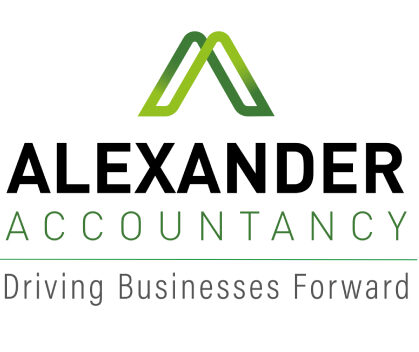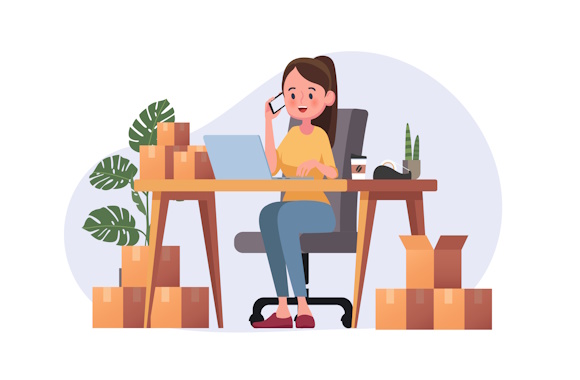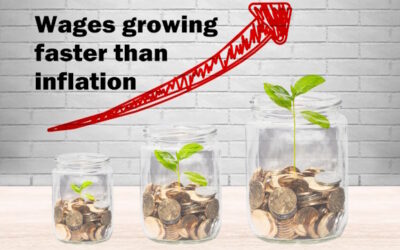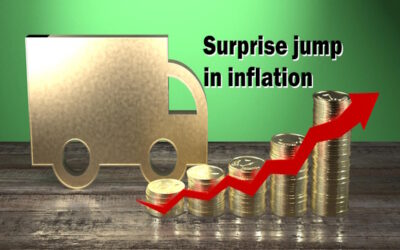Should you be paying tax on your side hustle?
Conventional approaches to work and earning an income are changing and with the cost of living ever rising, many now use various ways to make some extra cash outside of their main job. If that’s true of you then you may wonder whether you need to pay tax on those earnings.
HM Revenue & Customs (HMRC) have launched a new campaign aimed at demystifying whether you need to tell them about your side hustle earnings so you can avoid any nasty surprises.
The guidance looks at five different types of hustle. Here we briefly review them and what you need to know
I’m buying or making things to sell
If you sell things you make (including digital creative products), upcycle furniture to sell, or buy items to resell at a higher price, then HMRC would consider you to be trading.
I’ve got a side gig
Side gigs vary but might include providing car repairs, making deliveries, dog walking, gardening or tutoring.
Although this work may be done in your spare time, if it’s regular and carries on for a few months, HMRC would consider it to be trading.
I work for myself doing multiple jobs
If you’re earning a living from doing several different jobs then you could be trading and need to register as a sole trader.
I’m a content creator or influencer
What may have started as a hobby could have become an earner for you. For instance, if you get paid to do sponsored social posts for a brand, or you get ad income from your online videos or blog, then HMRC will consider you to be trading.
How much can you earn from trading before you need to tell HMRC?
If you earn £1,000 or less in a tax year then you won’t pay any tax on it. However, if you earn more than £1,000 you need to tell HMRC and may need to pay tax.
Note that this £1,000 limit is a single allowance that applies to your combined trading income. You don’t unfortunately get an allowance for each type of income.
Some may suggest that if you sell less than 30 items a year you do not need to pay tax, however this is incorrect. Online platforms have to share some information with HMRC if you sell more than 30 items in a year, but that doesn’t mean you necessarily need to pay tax. You may also be due to pay tax if you sell less than 30 items. The key question is whether you have earned more than £1,000.
However, if you casually sell some unwanted belongings from time to time, then it’s unlikely you will need to pay any tax on this.
There is one other type of side hustle income that you might need to tell HMRC about, but this has some different rules to consider.
I rent out my property
It could be that you run a holiday let, rent a spare room, or rent out a property through an app.
For renting out spare rooms, then that may be covered by the £7,500 rent a room scheme allowance.
If it’s a property that you don’t live in that you rent out, then you also have a property allowance of £1,000. If the income you receive is more than that then you may need to pay tax on it.
It’s worth noting that you can use the £1,000 trading allowance as well as the rent a room scheme and property allowance.
If you need help working out whether you need to pay tax on your side hustle, please give us a call. We would be happy to help you!
Click here to contact us or call 01283 743851
For more information on HMRC’s tax help for hustles, see: https://taxhelpforhustles.campaign.gov.uk




